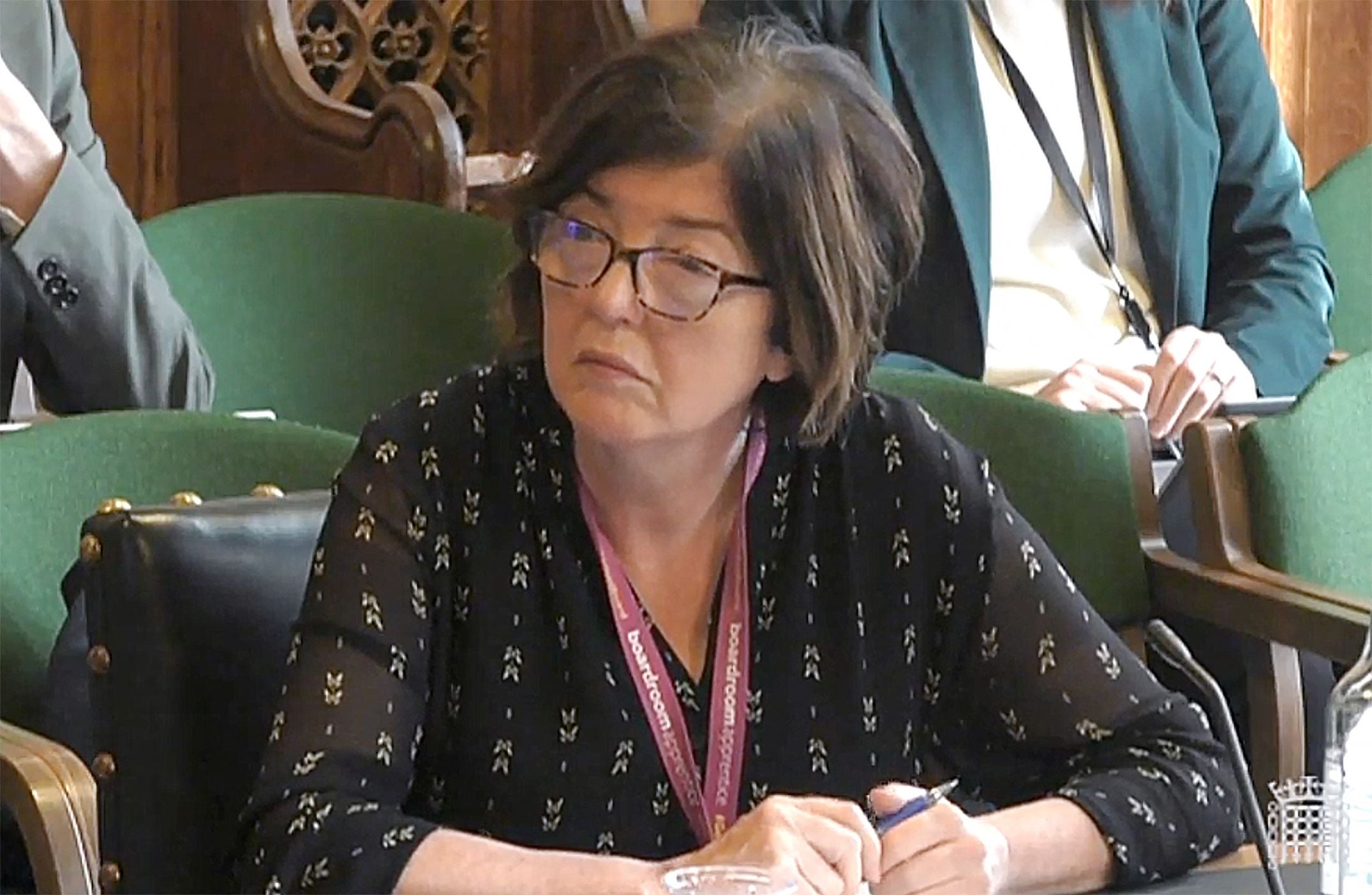It is the Tories – not Labour – who are undermining the civil service
The Tories have turned Keir Starmer’s appointment of Sue Gray into an own goal, writes Andrew Grice


Even his critics admit Keir Starmer is normally good at one thing: making sure Labour does not hand ammunition to the Conservatives. However, it seemed he had gifted them some bullets with his surprise appointment of the senior civil servant Sue Gray as his chief of staff.
While it is not unprecedented for neutral officials to switch to a party political job, it’s unusual to cross the floor to the opposing party. Gray is no ordinary civil servant. She has been at the heart of government for many years, notably in charge of upholding standards in public life at the Cabinet Office.
One former Tory minister recalled she had spent “hours going through my personal finances,” adding: “She knows everything about us and now she’s gone over to Labour.” (Such complaints beg the question: what do Tory politicians have to hide, and why should they worry if they always comply with the rules? Think Nadhim Zahawi).
Friends of Gray insist she would never contemplate using such information in her new post. A Starmer ally adds that he would never even dream of asking for it, as a former public servant himself as director of public prosecutions. “He is a stickler for the rules,” they told me.
True, but we can’t take anything on trust after the Boris Johnson era. Labour must uphold the rules too; in fact, it should aim to do much better than the Tories on standards. So Starmer will have to swallow the verdict of the advisory committee on business appointments. The whisper in Whitehall is that it will impose a delay of longer than the usual three months for civil servants before Gray can take up her Labour post.
Her move has caused genuine concern in Whitehall. Some senior officials worry it plays into the hands of the Tories as they depict civil servants as left-wing obstructers of the governing party’s agenda. Why does their impartiality matter? Politically neutral officials must feel able to speak truth to power and their political masters to prevent government mistakes; insiders say many don’t do so today for fear they will be branded as part of a hostile “blob”.
However, the Tories blew the opportunity afforded by Gray’s appointment by going over the top in their reaction. Johnson, clearly rattled by an initial report by the Commons privileges committee investigating whether he lied to parliament on Partygate – and his allies suggested her new post discredited Gray’s inquiry into the scandal.
This is ridiculous: Gray pulled her punches on Johnson in her report, and he praised her work at the time, knowing her findings could have been a lot worse for him. As a civil servant, Gray was in an impossible position of holding a prime minister’s fate in her hands – one she should never have been put in.
This week the government turned the open goal of Gray’s new job into an own goal when Suella Braverman, the home secretary, sent an email to Tory party members, claiming “an activist blob of left-wing lawyers, civil servants and the Labour Party blocked us” from tackling the small boats problem. The trade union representing senior civil servants told Rishi Sunak this broke the ministerial code, which says “ministers must uphold the political impartiality of the civil service”.
The home secretary dodged that bullet by insisting she had not signed off the email, though everyone knew it reflected her views. It worsened the already strained relations between Braverman and her civil servants. “It’s a very unhappy ship,” one official told me.
A reassuring email from Braverman praising staff who worked on the government’s latest small boats plan did not convince anyone and upset those who didn’t get one. Civil servants are alarmed by Braverman’s admission the proposal might breach the European Convention on Human Rights. In an internal question and answer session, one official asked pointedly: “At what point are senior leadership in the Home Office willing to state that breaking international law is not consistent with the civil service code or our values and that we as staff should not be expected to do so in our work?”
Braverman’s ill-judged email to Tory members did spark a rare fightback by senior Home Office officials and Simon Case, the cabinet secretary, who is accused of not backing Gray or junior officials on Partygate and blocking her attempt to become permanent secretary at the Department for Business. (If she had got that post, she would probably not have been interested in switching to Starmer). Case, whose criticism of Sunak and Johnson emerged in Matt Hancock’s leaked WhatsApp messages, is widely expected to leave his post soon.
The Tories had some good ammunition on Gray but somehow managed to shoot themselves in both feet. That’s an ominous sign for them with an election coming; Starmer won’t often come bearing gifts. Despite all the headlines about Gray, it is the Tories rather than Labour who are undermining the civil service by making it a political football, as they desperately try to blame someone else for their mistakes in 13 years in power.






Join our commenting forum
Join thought-provoking conversations, follow other Independent readers and see their replies
Comments